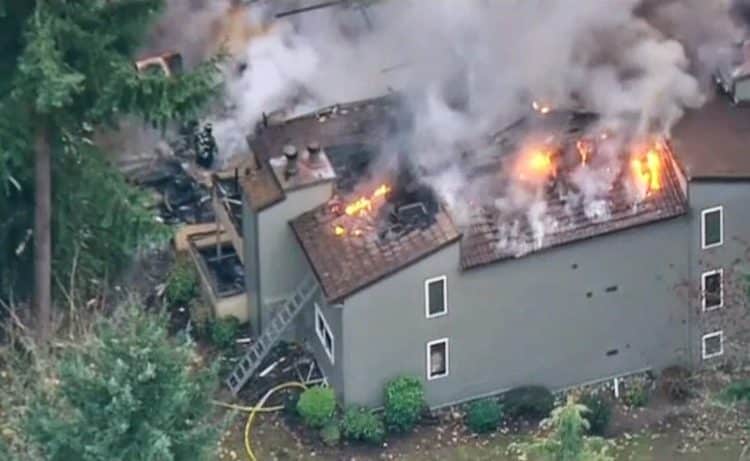The soaring demand for high potency cannabis extracts has been fueled by the increasing number of states that have chosen to legalize medical and recreational cannabis. Unfortunately, it has also exponentially increased the number of explosive and occasionally deadly chemical fires that have resulted from the use of butane to produce popular products such as hash oil, honey oil, shatter and wax.
Unlike the CO2 extraction process, butane is a highly flammable solvent that brings with it a highly elevated possibility of accidental combustion and the disastrous results that often follow such an unexpected event.
Yet, because using butane is faster and less expensive than CO2-based processing, it is still widely used by numerous operations that produce these high potency products.
As a result, municipal fire departments throughout the nation have been deluged by an increasing demand for emergency services related to the butane production process. Additionally, the negative image created by news headline banners that often read ‘Hash Lab Explodes’, do very little to help legitimize the burgeoning legal cannabis industry in the eyes of the general public.
Explosions of this nature can be devastating. They are capable of instigating substantial damage to, or complete destruction of the production site. They also regularly impart serious injuries and even death, not only to those who are working there, but also to responding firefighters and unsuspecting bystanders.
While there are still a number of commercial extraction operations that rely upon butane to help them stay afloat in this highly competitive market, the incidence of these events has been greatly reduced by strict adherence to safety standards and procedures that have been implemented.
Nonetheless, clandestine home-based extraction labs have proliferated, where safety issues are often compromised by a desire for convenience and expediency. Butane is highly flammable, and can be extremely unforgiving when used as a solvent in the extraction of essential cannabis oils.
Liquid butane is filtered through a mass of pulverized cannabis, where it extractssoluble molecules from the plant matter. It filters into a reduction receptacle, where it is then condensed by heating, thereby evaporating off the butane. What remains is the gooey THC-laden substance that ultimately becomes honey oil, hash oil, wax, etc.
Sadly, a majority of these unsophisticated home-based operations lack the proper ventilation to sufficiently dissipate the evaporated butane, which in turn creates a smoldering time bomb that can be set off by just about any type of spark or flame, even one created by a small household appliance.
While home-based hash oil laboratories are primarily an artifact of the era of prohibition, there is still a substantial learning curve in store for those who are commercially involved in the enterprise within states where cannabis is, or will soon be legalized.
To address this compelling problem, many legislatures in cannabis-friendly states have already begun drafting new laws requiring both a strict vetting process and a license to be obtained by any company that intends to be involved in the business of extracting cannabinoids and terpenes. This includesmanufacturers who plan to use volatile solvents such as butane within their processes.
America’s return to legal cannabis in many forms is replete with its own set of growing pains, and continues to be a step-by-step, state-by-state process. However, one thing is certain: explosive fires due to mishaps while using butane are completely avoidable.












